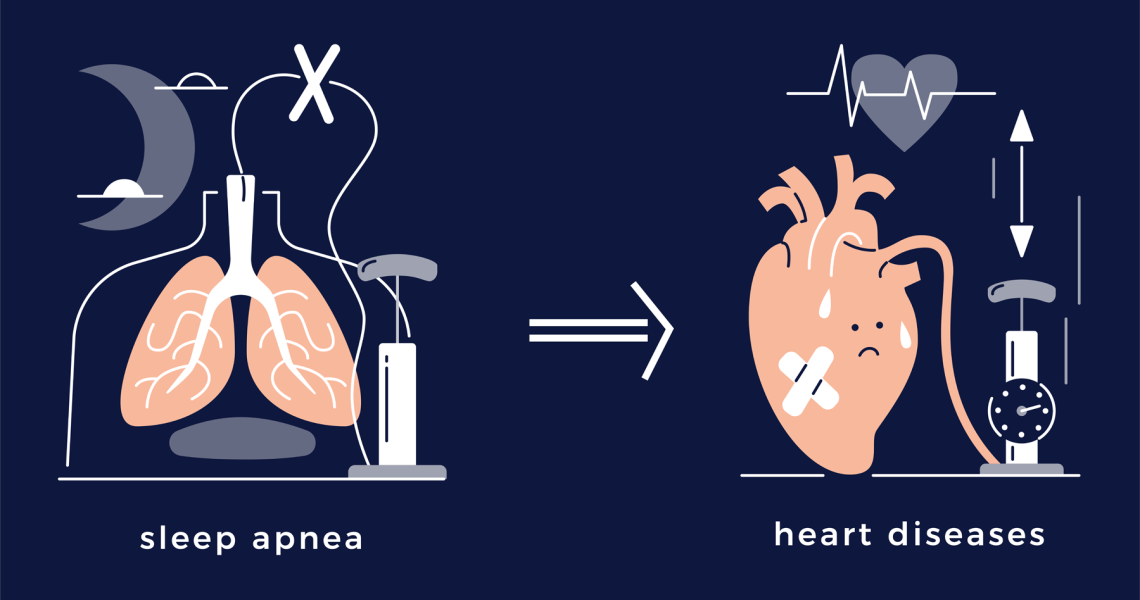A group of interdisciplinary researchers at the George Washington University received more than $3.3 million in grants for their research on networks within the autonomic nervous system and therapies that may lead to new treatments for heart attack and sleep apnea.
David Mendelowitz, PhD, professor and interim chair of the Department of Pharmacology & Physiology at the GW School of Medicine and Health Sciences, and Matthew Kay, DSc, professor of biomedical engineering at the GW School of Engineering and Applied Science, have worked together for over a decade. These are their fourth and fifth grants working together, as well as their third R01. Mendelowitz, Kay, and their research team will be looking at neurons that express oxytocin, particularly in the hypothalamus. There is evidence that the activity of these neurons is diminished after certain health events, like a heart attack or sleep apnea. Over the next several years, the research team will be studying ways to restore activity to this network and the benefits in treating cardiorespiratory diseases.
This work is highly multi-dimensional, as well as translational. The use of oxytocin in treating cardiorespiratory diseases is currently being studied in GW clinics. Mendelowitz and Kay partnered with Vivek Jain, MD, director of the GW Sleep Disorders Center at the GW Medical Faculty Associates. Together, they found that oxytocin administration benefited obstructive sleep apnea patients by reducing the duration and adverse consequences of obstructive events. Their findings were recently published in the journal Sleep Medicine. The team also consults with Christopher Spurney, MD, cardiologist at Children’s National Hospital, on the research’s translational components for heart failure and following a heart attack.
“Each person brings their own specific expertise to the research problem,” said Kay. “We’ve learned there is a common theme with understanding how the autonomic nervous system governs heart function and related diseases, such as sleep apnea and heart attack. I am thankful for our like-minded approach and that we are all here to support each other doing rigorous science to come up with something to benefit and help mankind.”
The first project, titled “Novel Mechanisms that Restore Cardiac Parasympathetic Activity Limits Arrhythmias and Cardiac Dysfunction After Myocardial Infarction," is funded through the National Institutes of Health. The second project, titled “Treatment of Sleep Apnea by Targeting Leptin Signaling,” is funded through the NIH through a partnership with Johns Hopkins University. Both grants are funded through March 2024.




